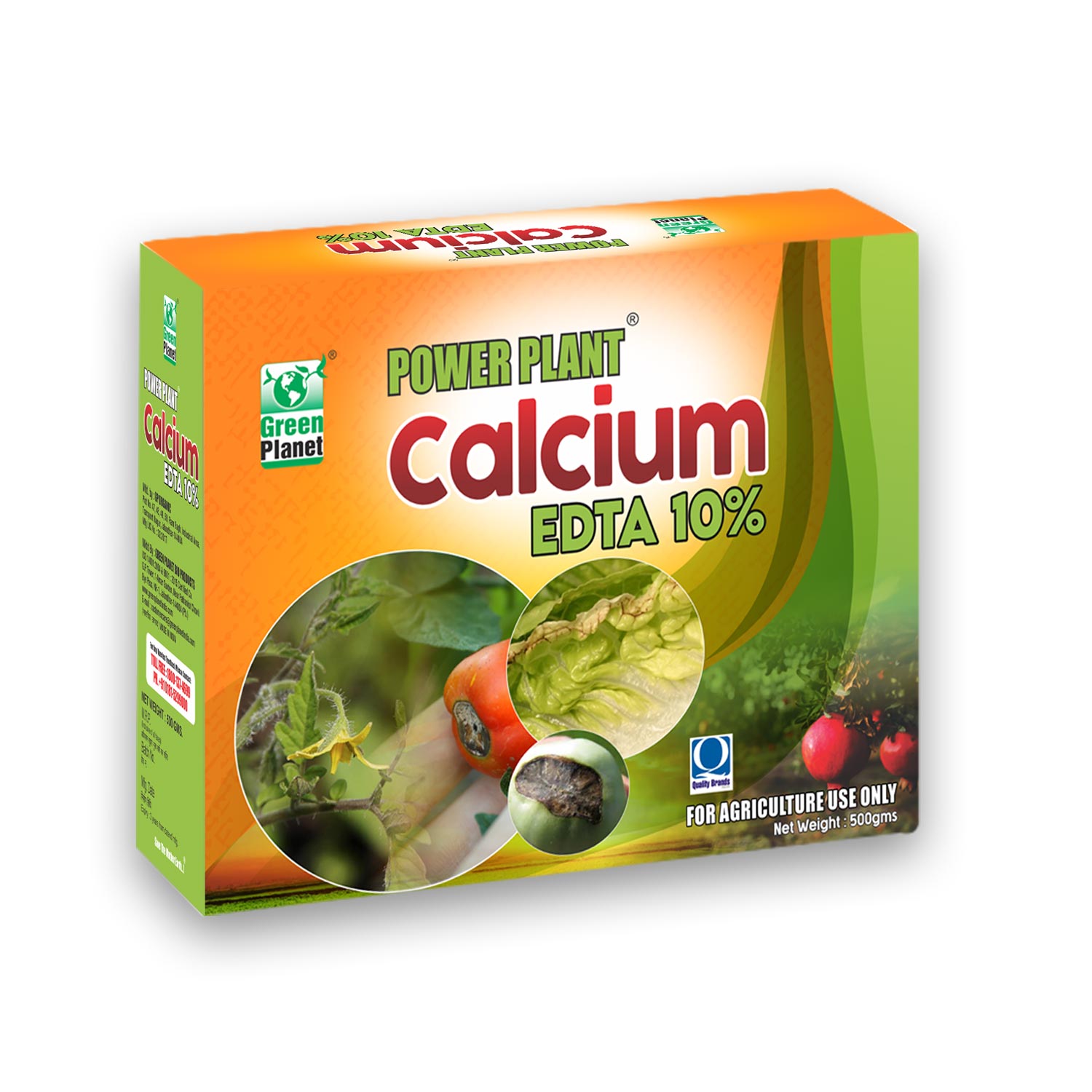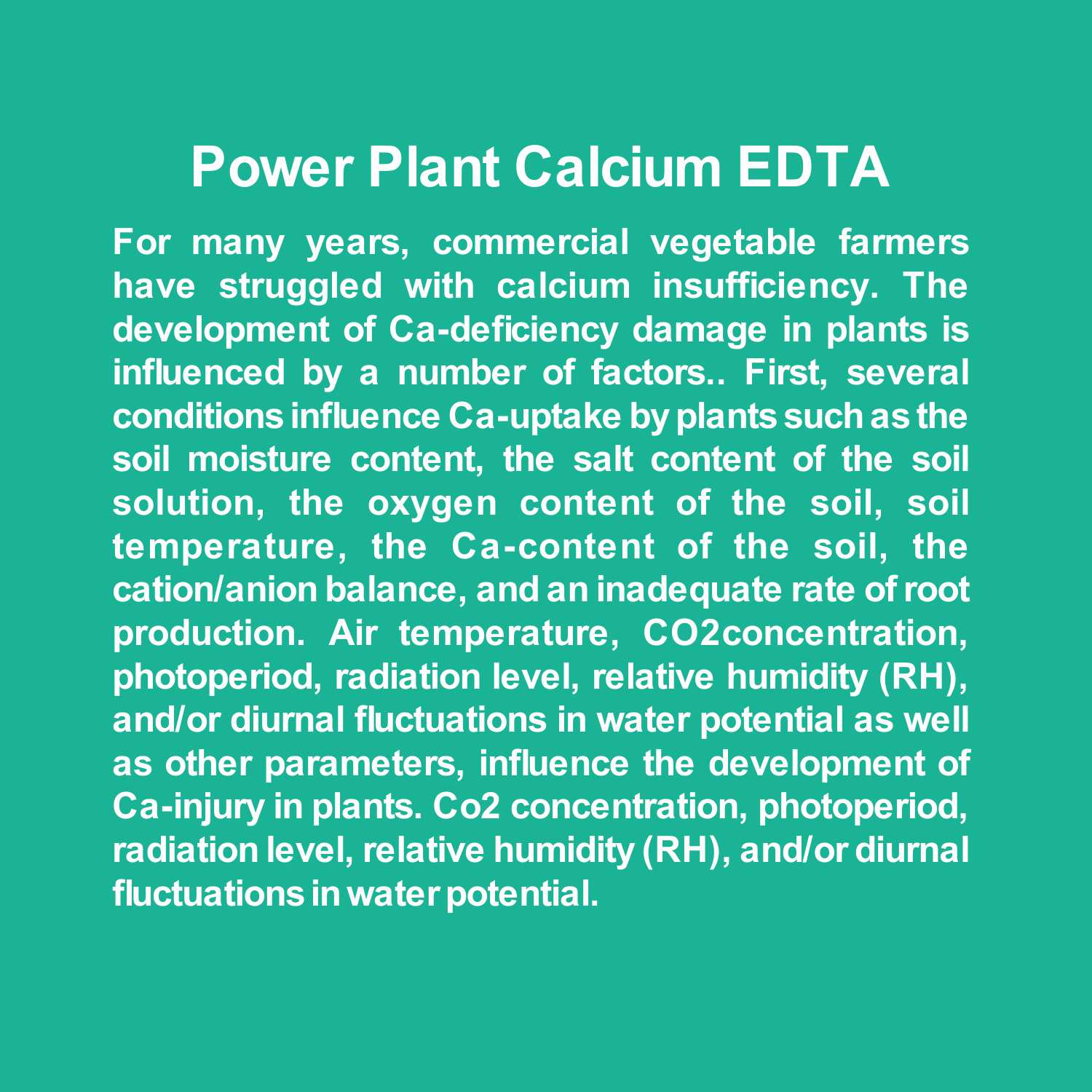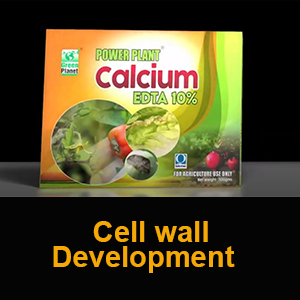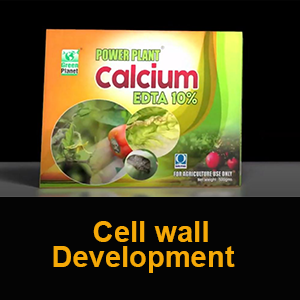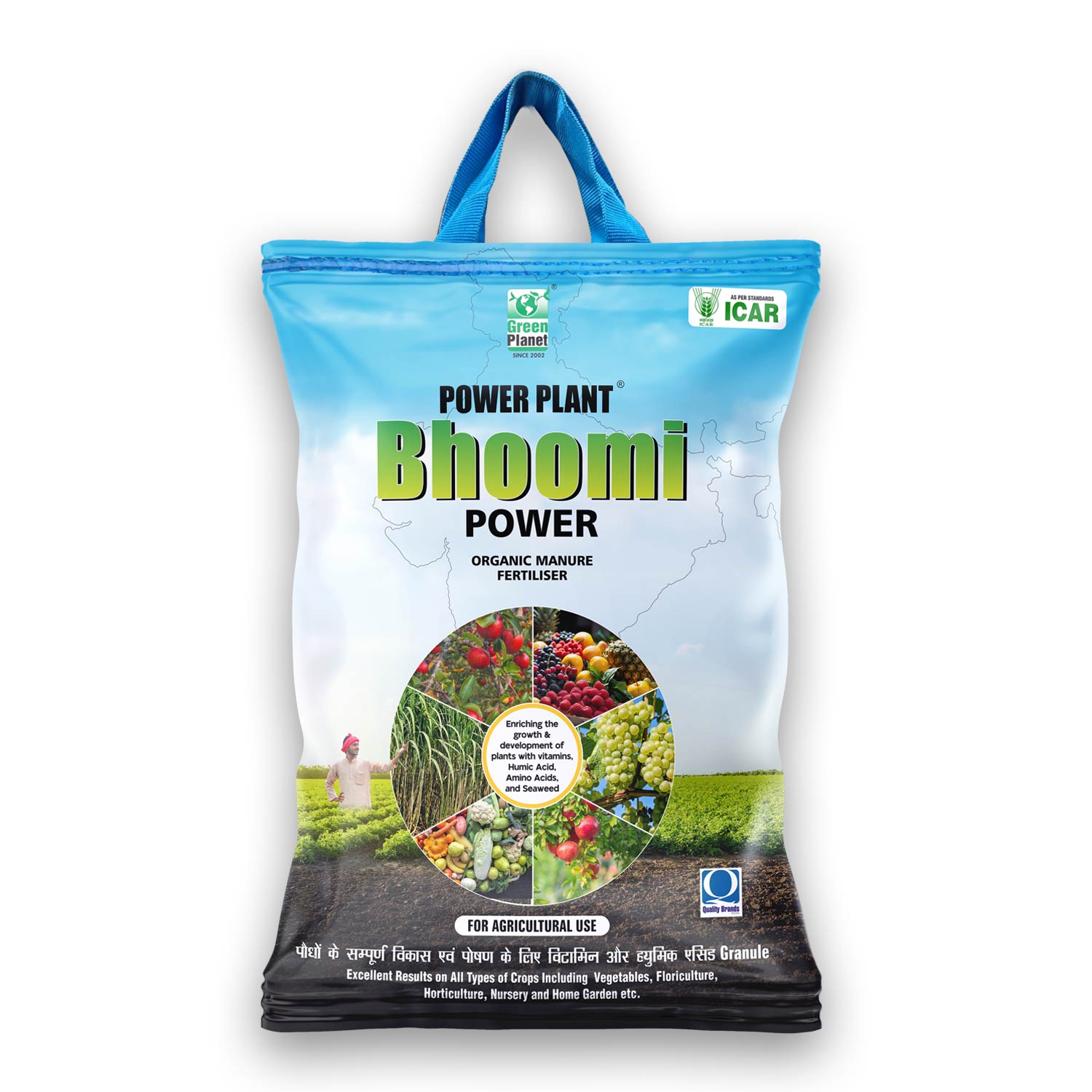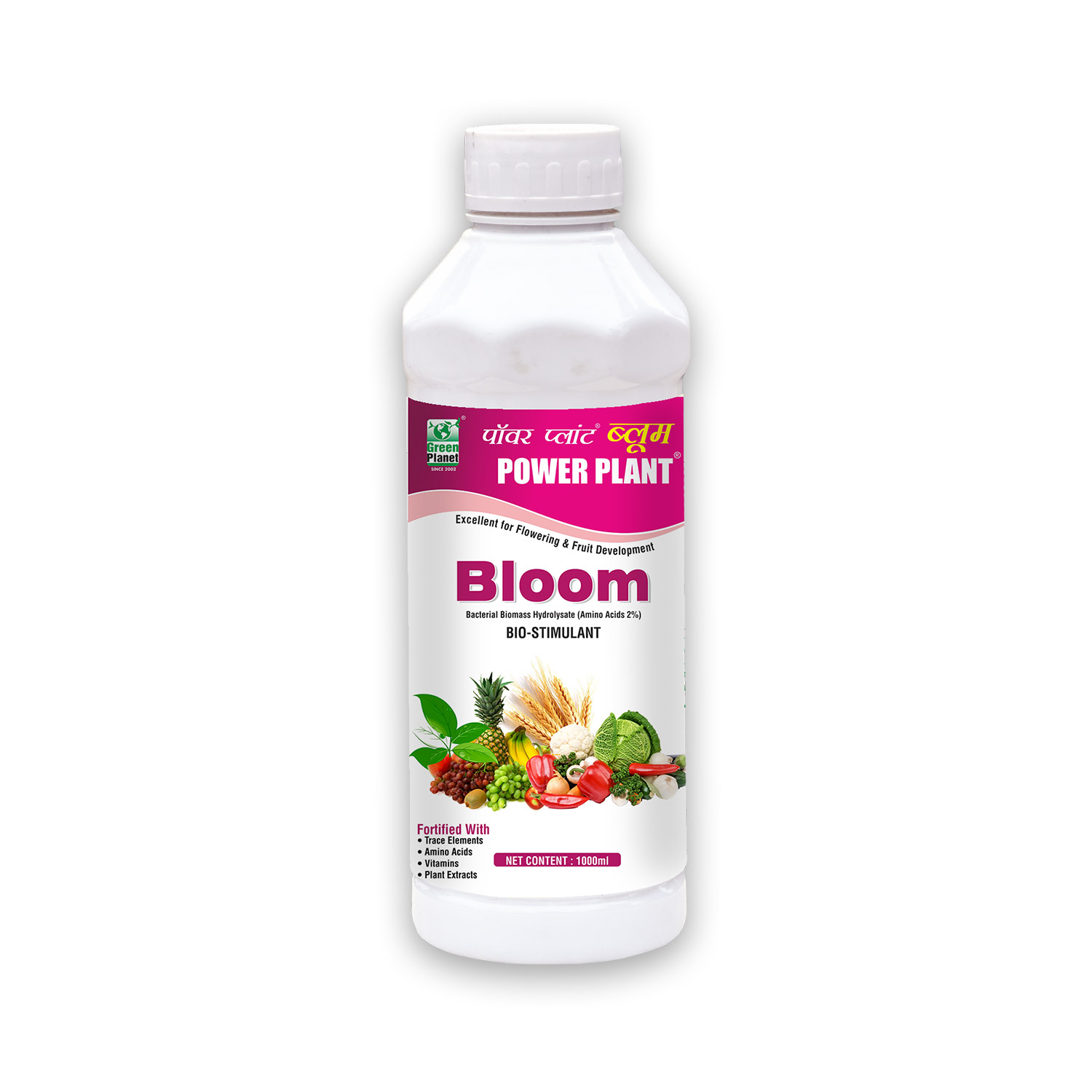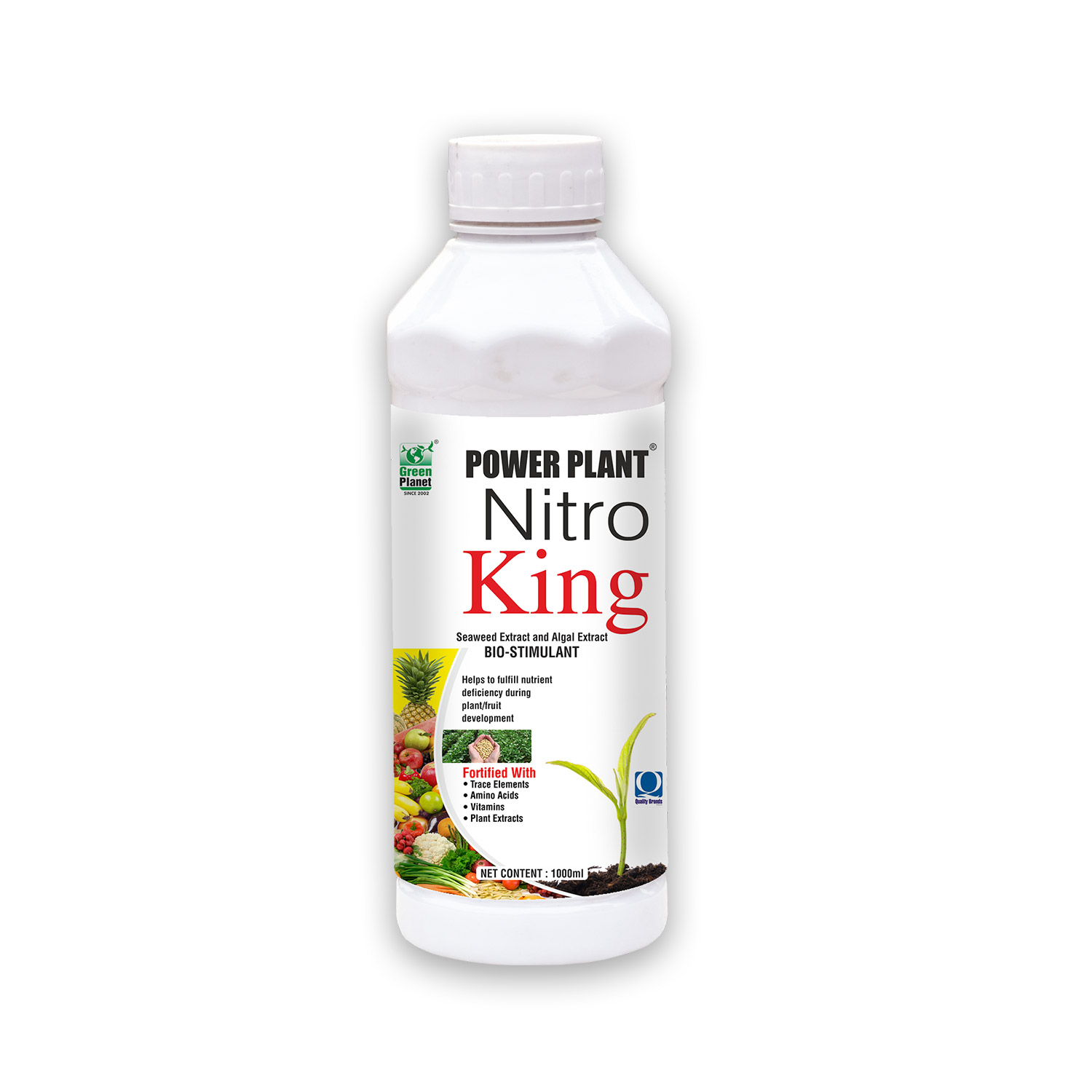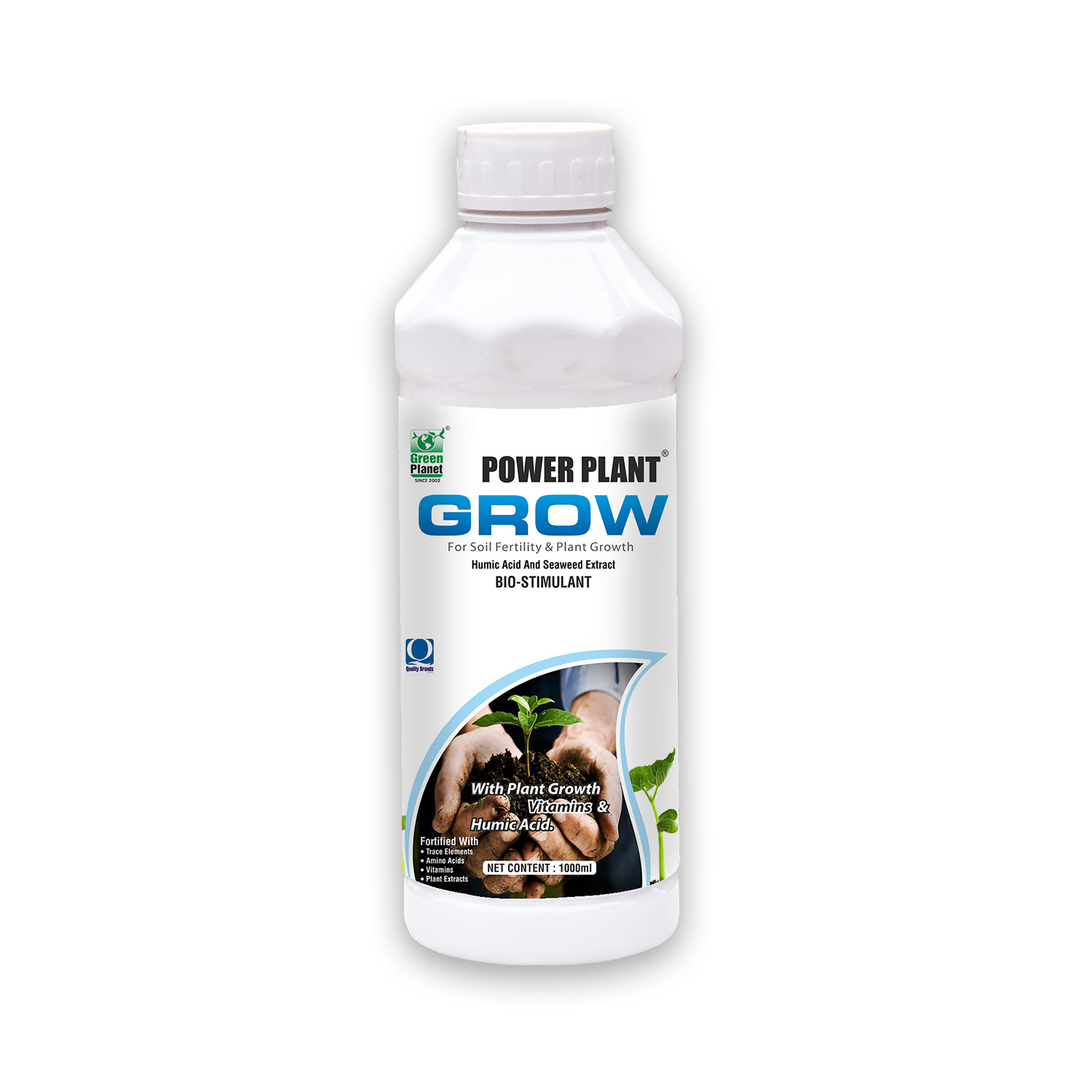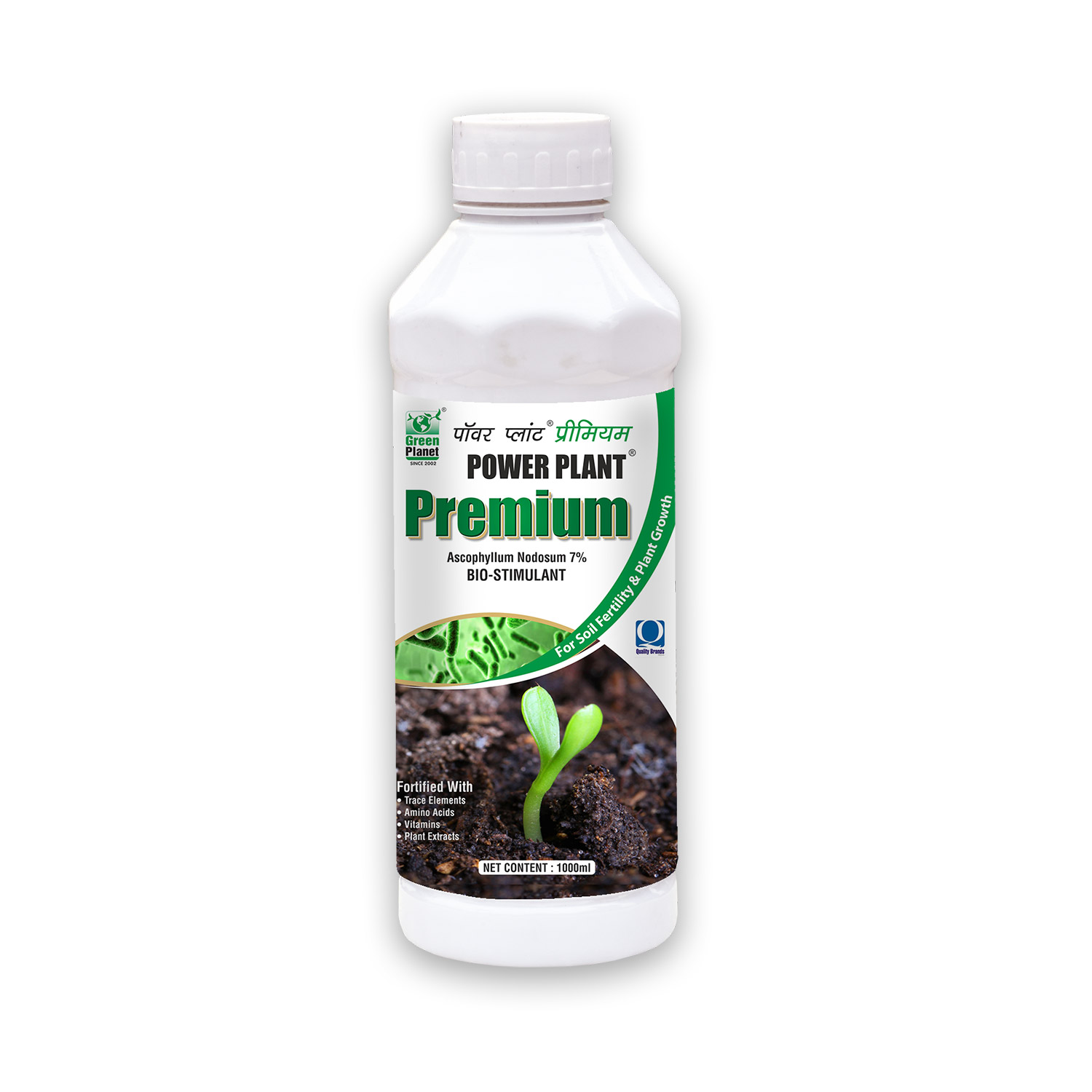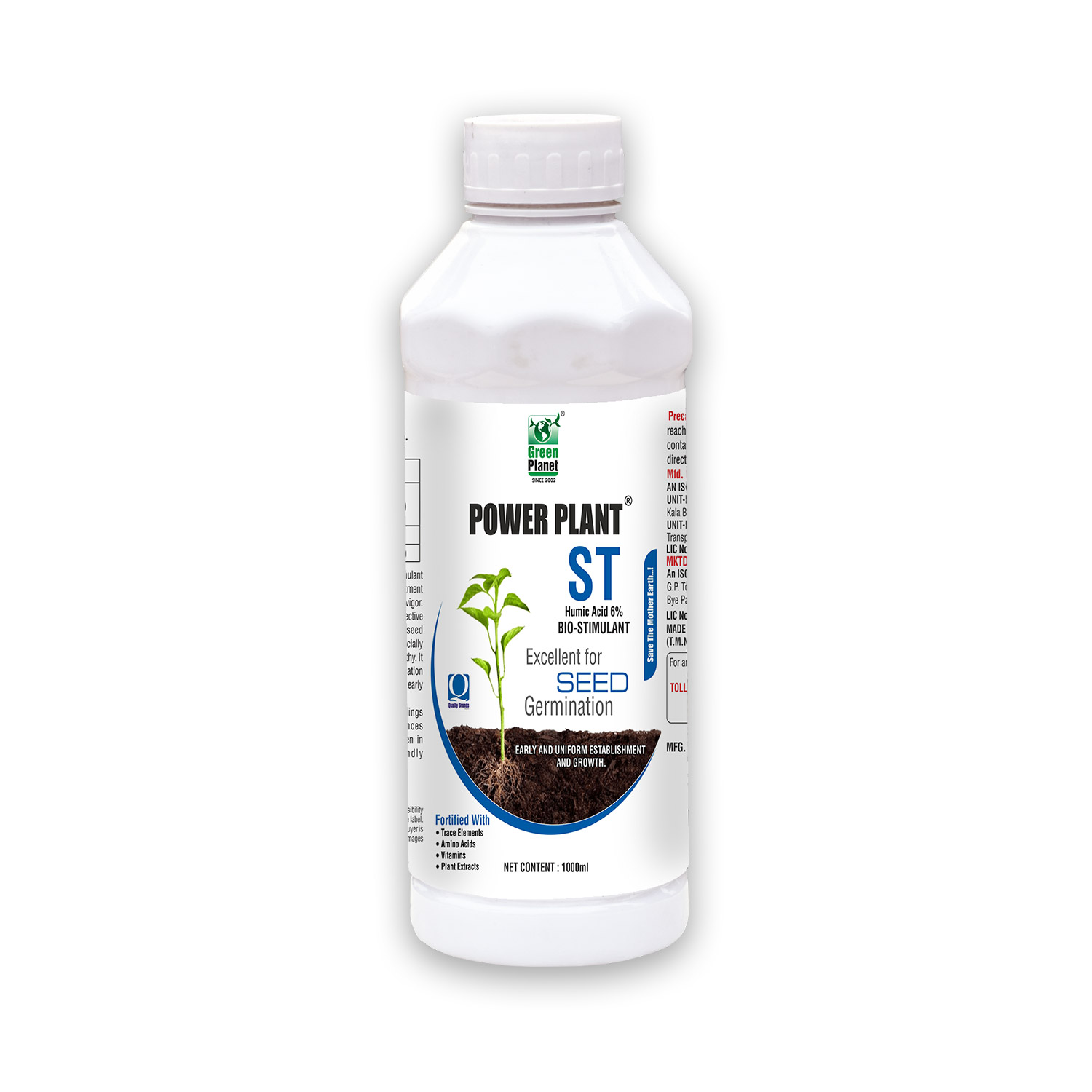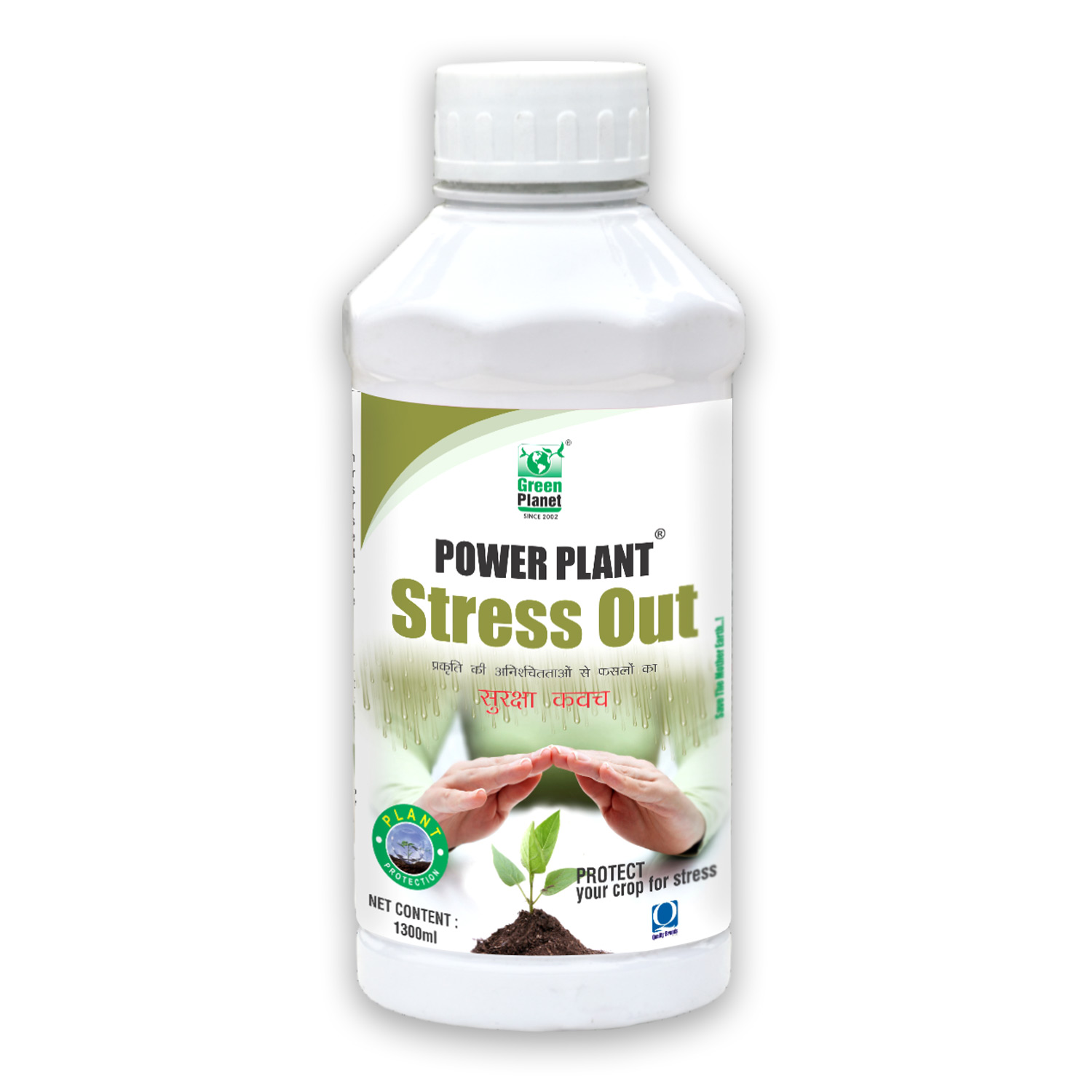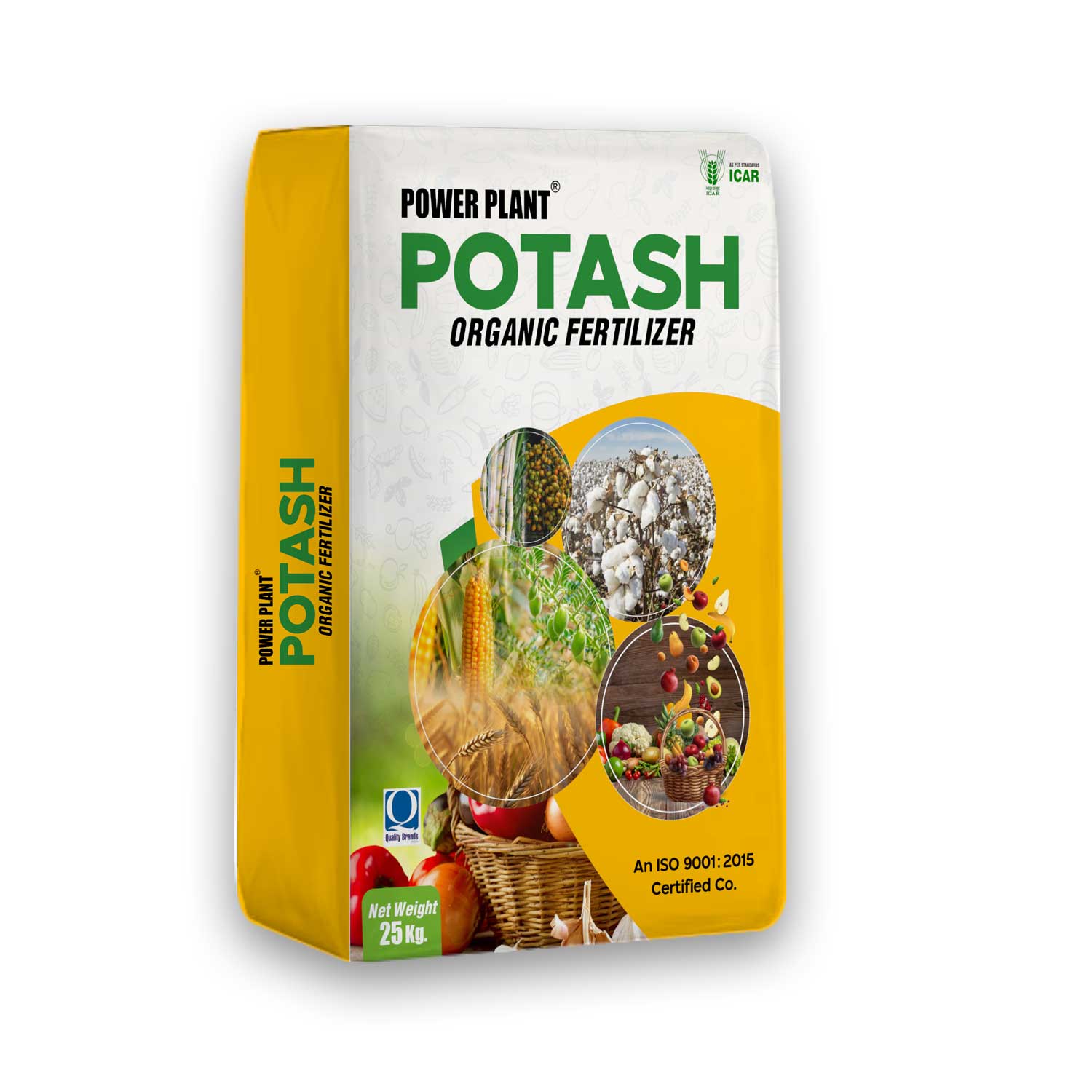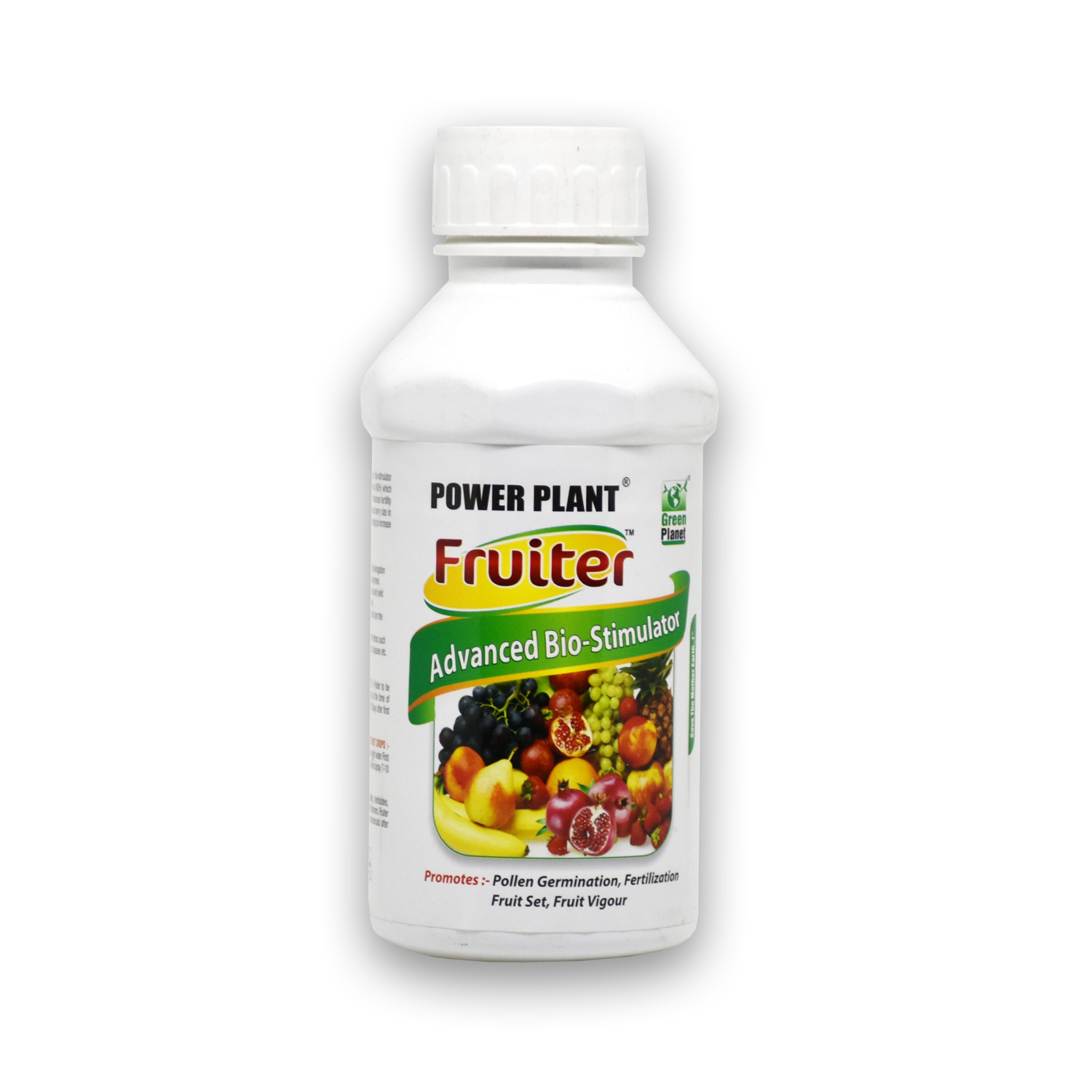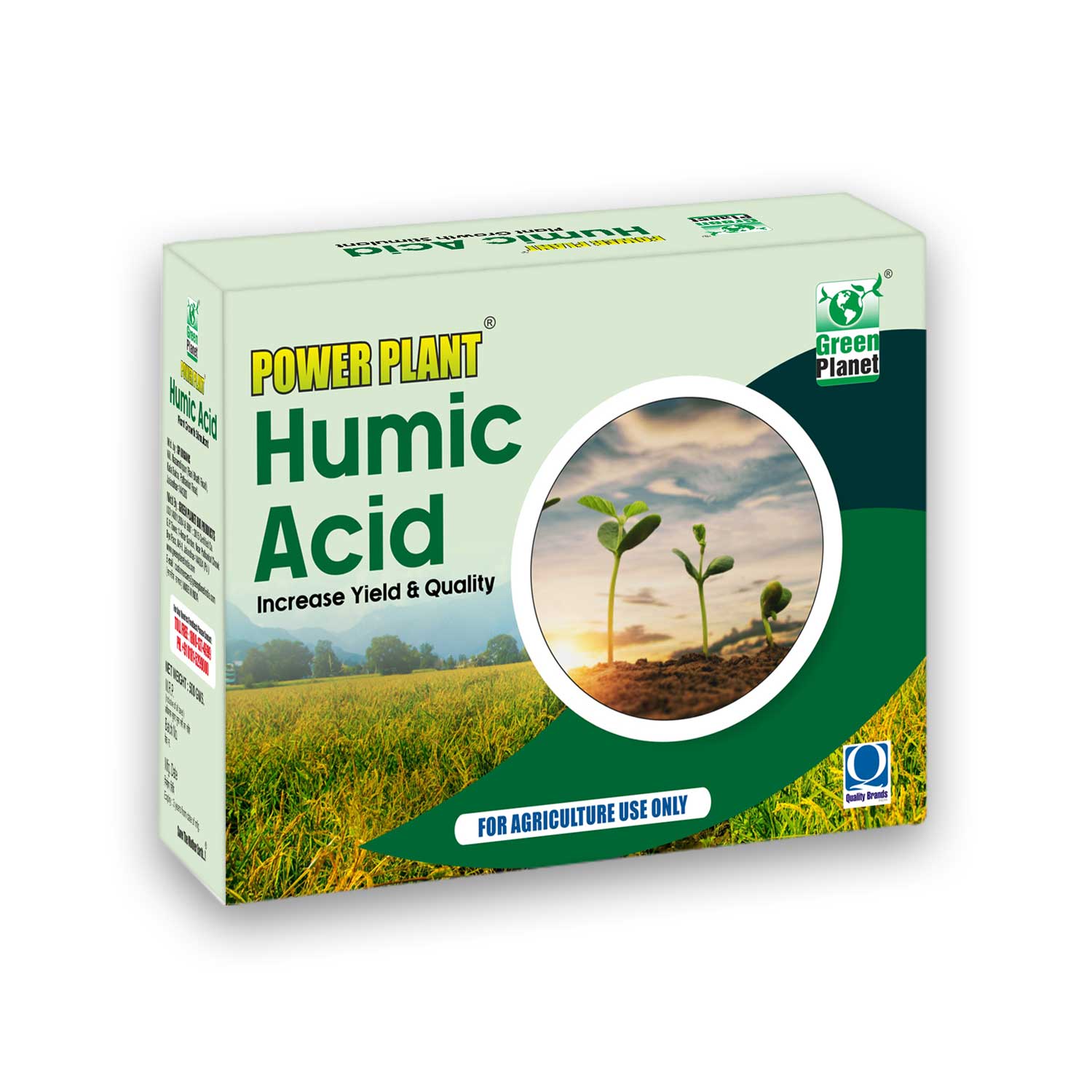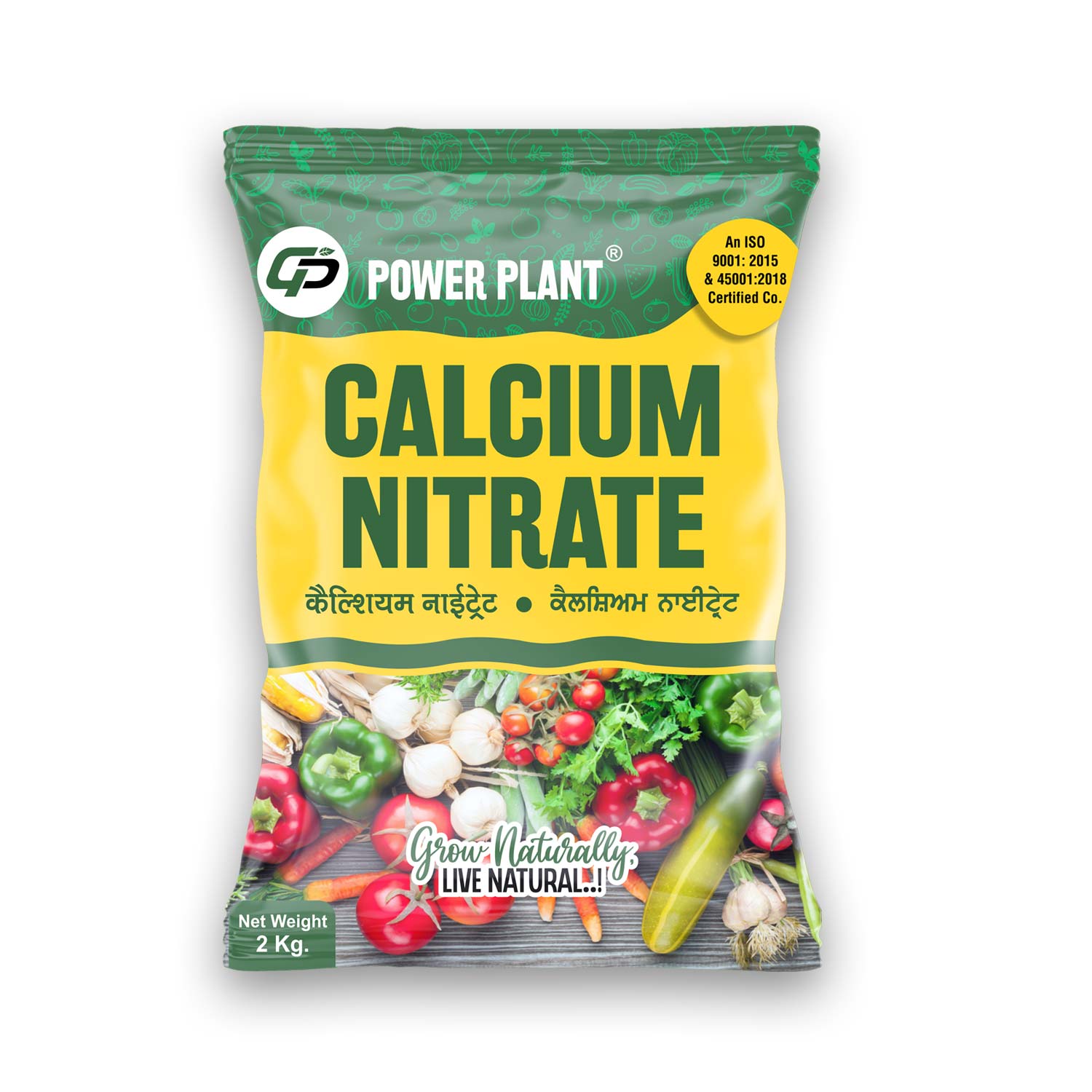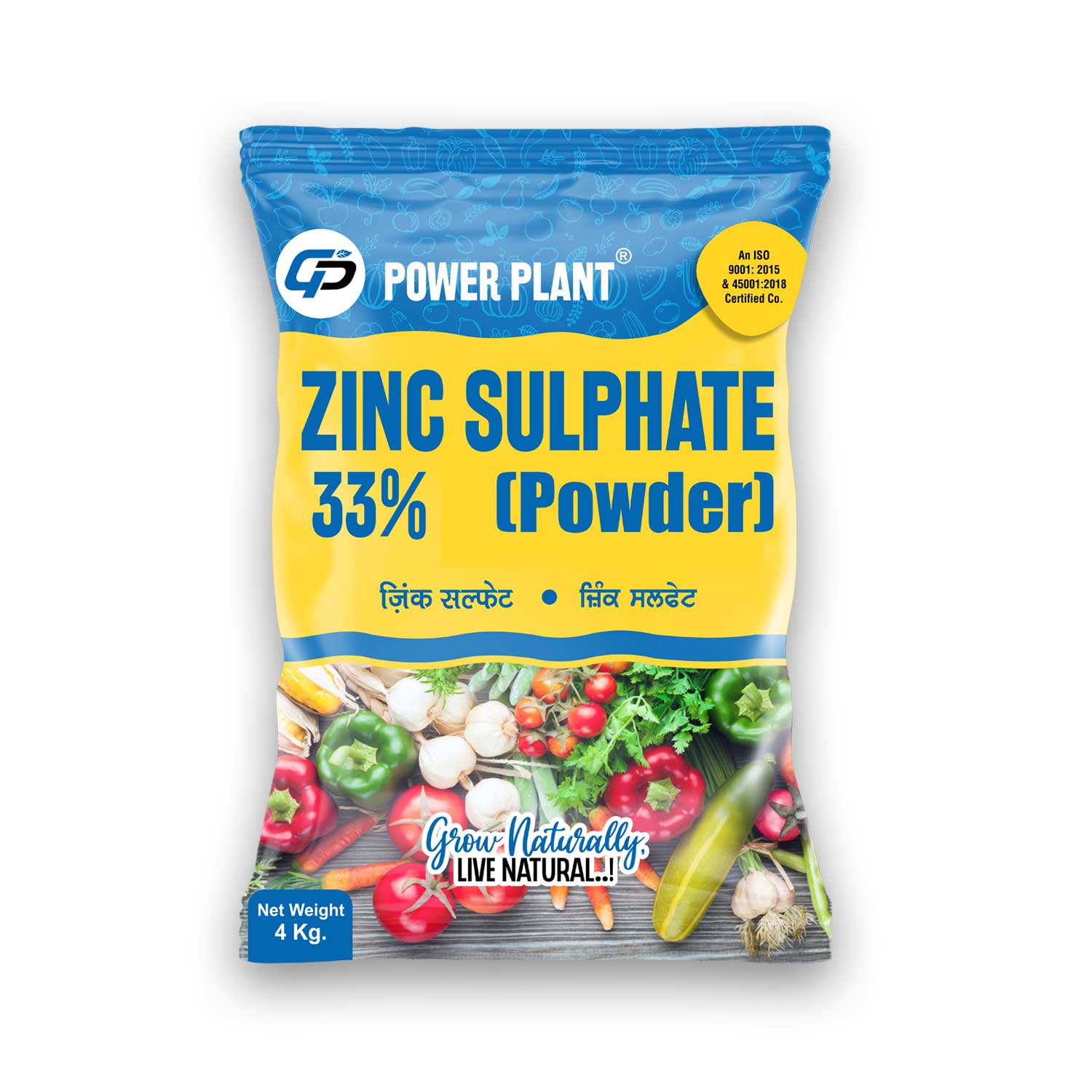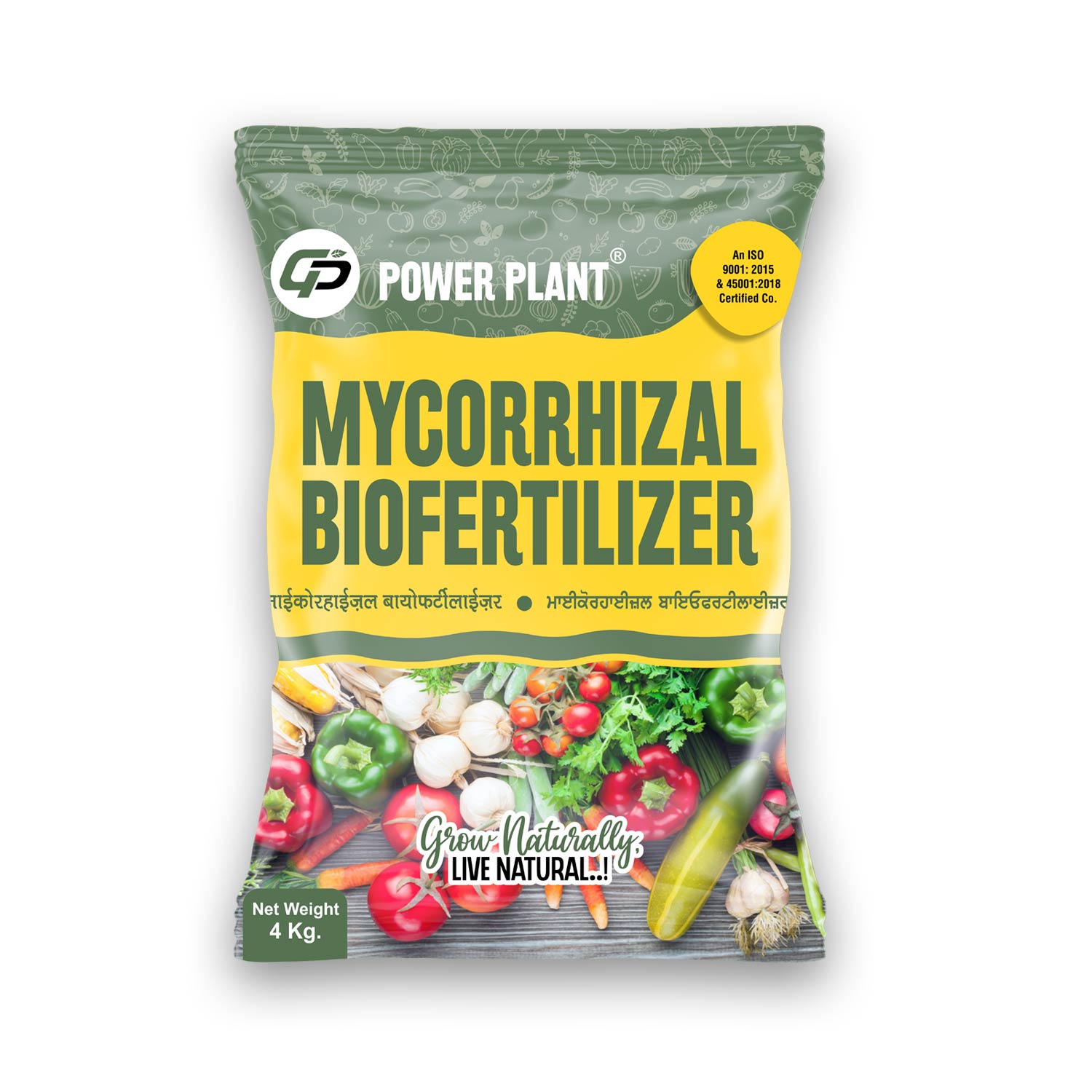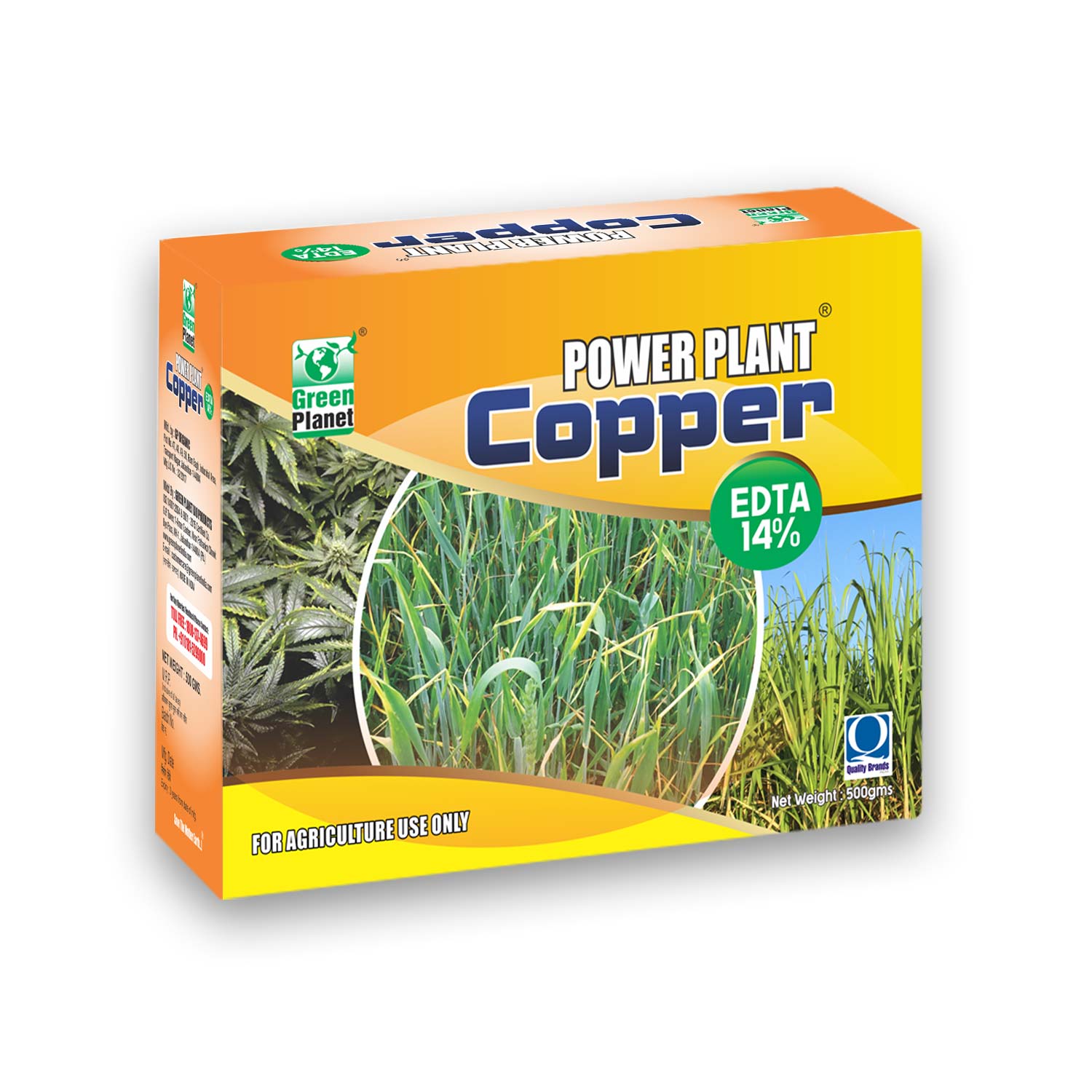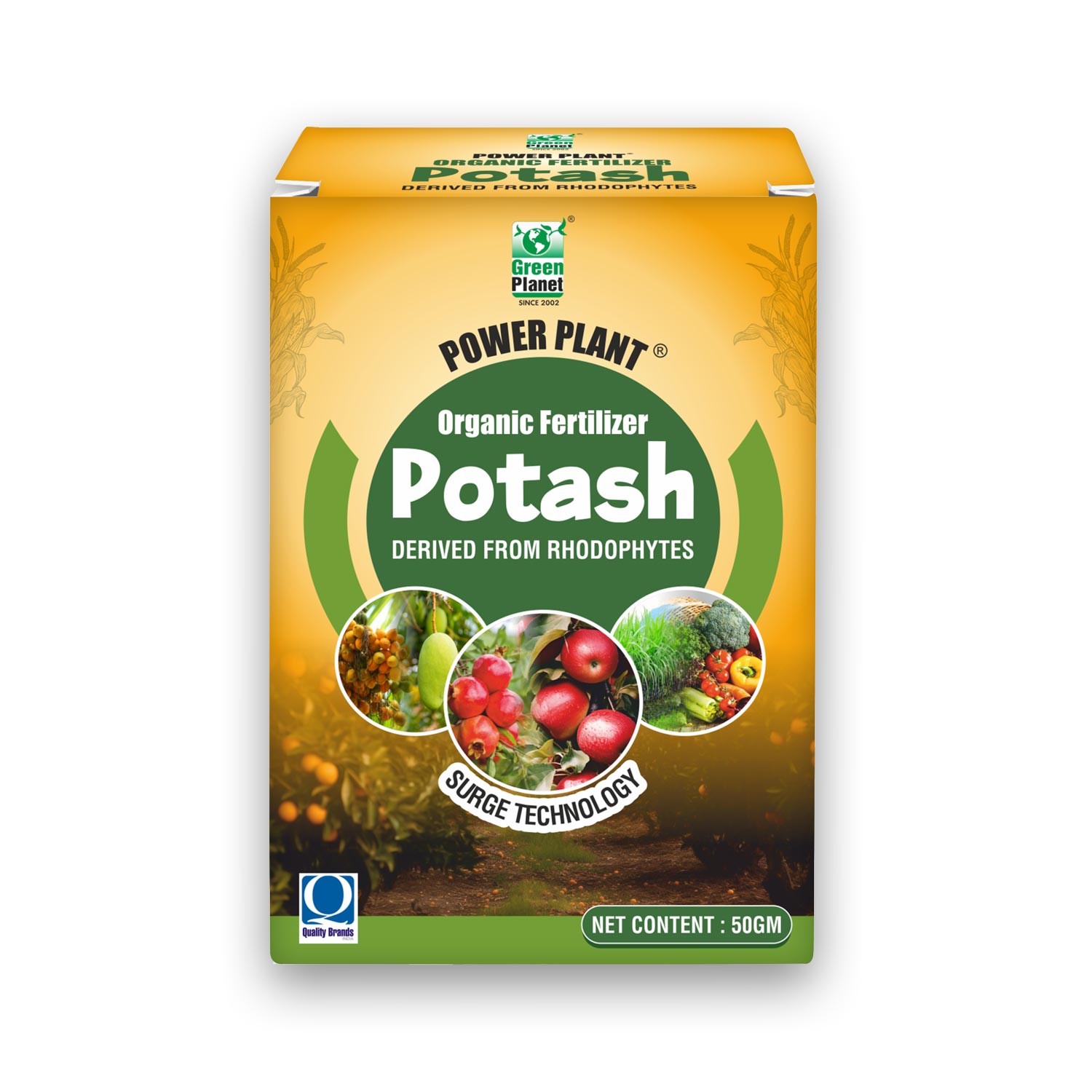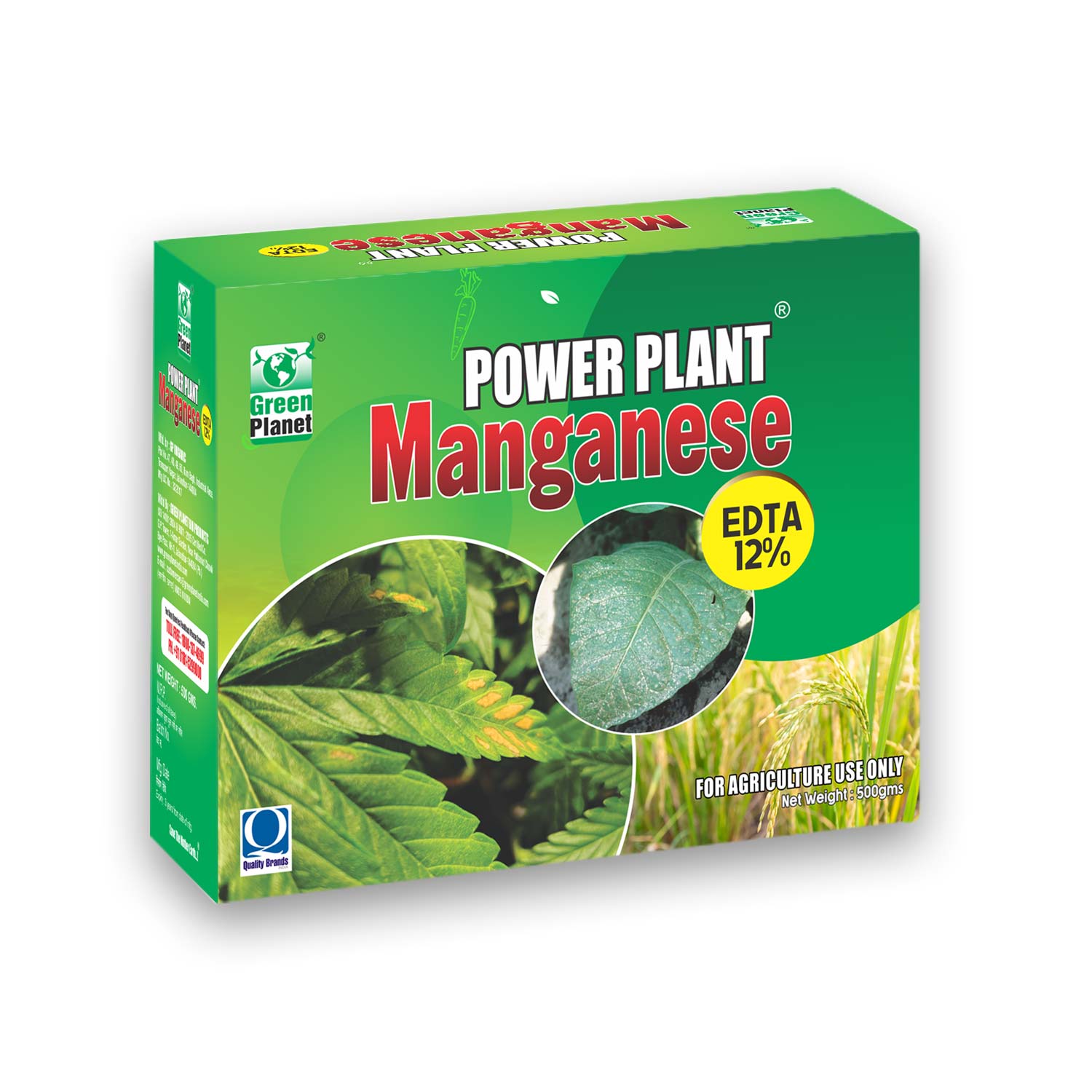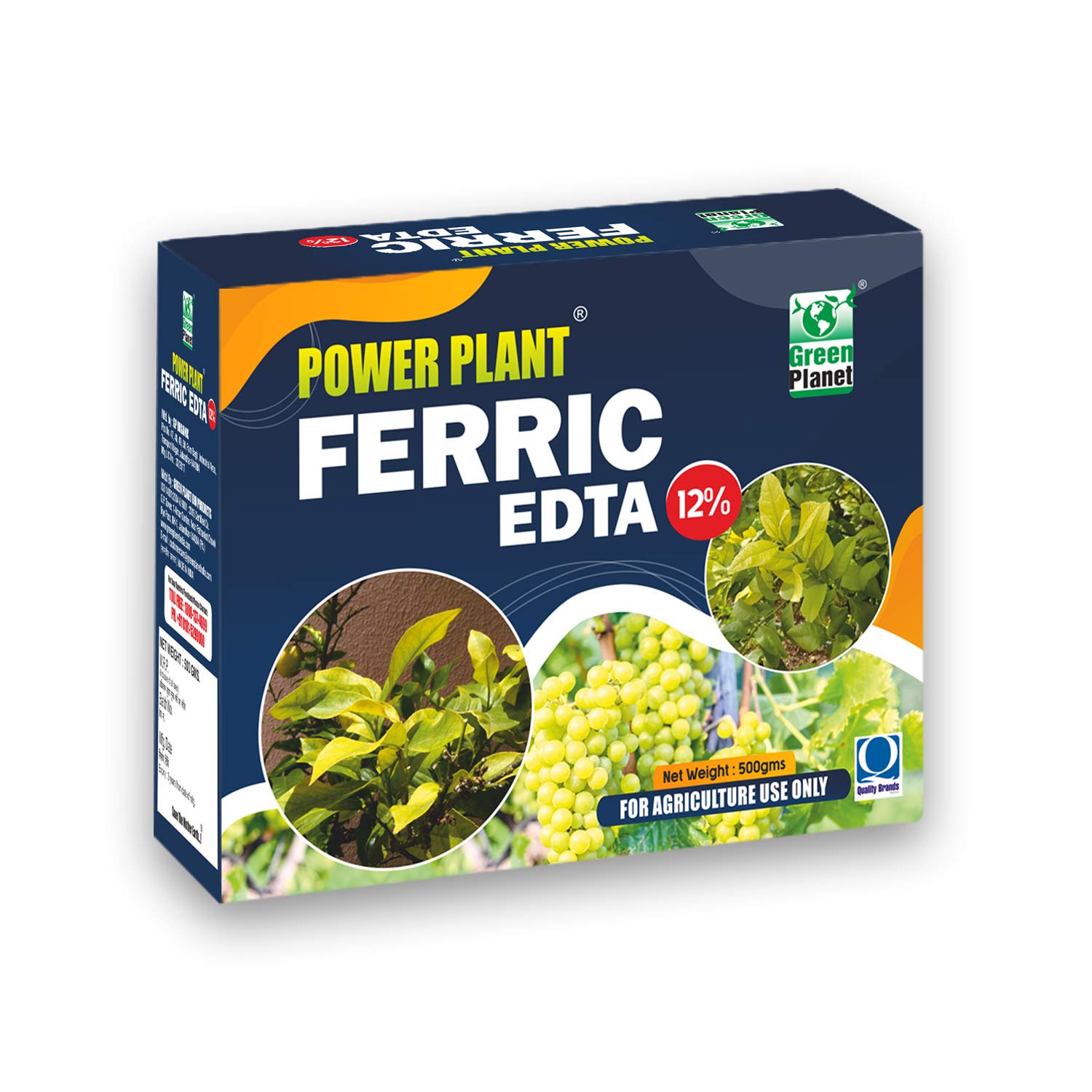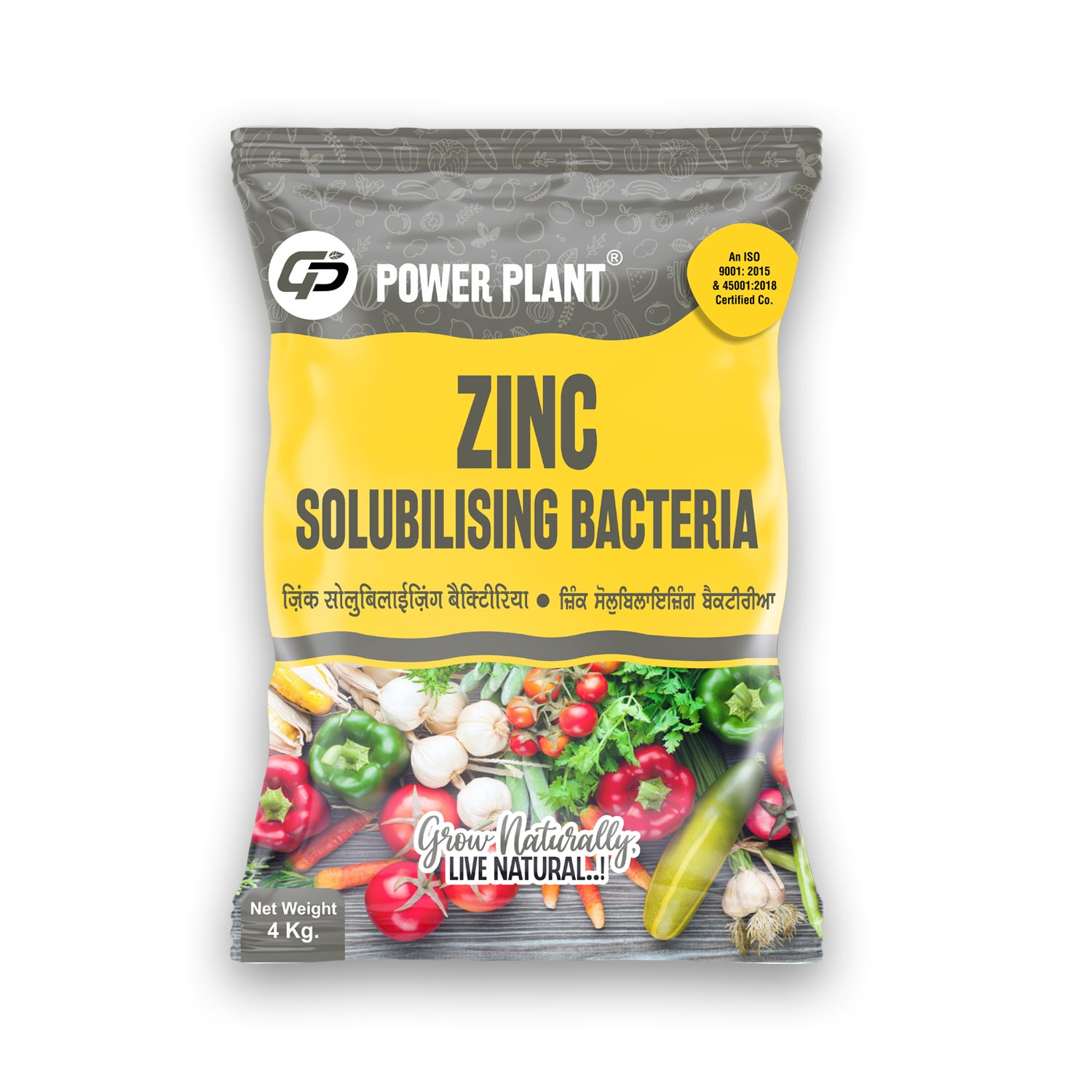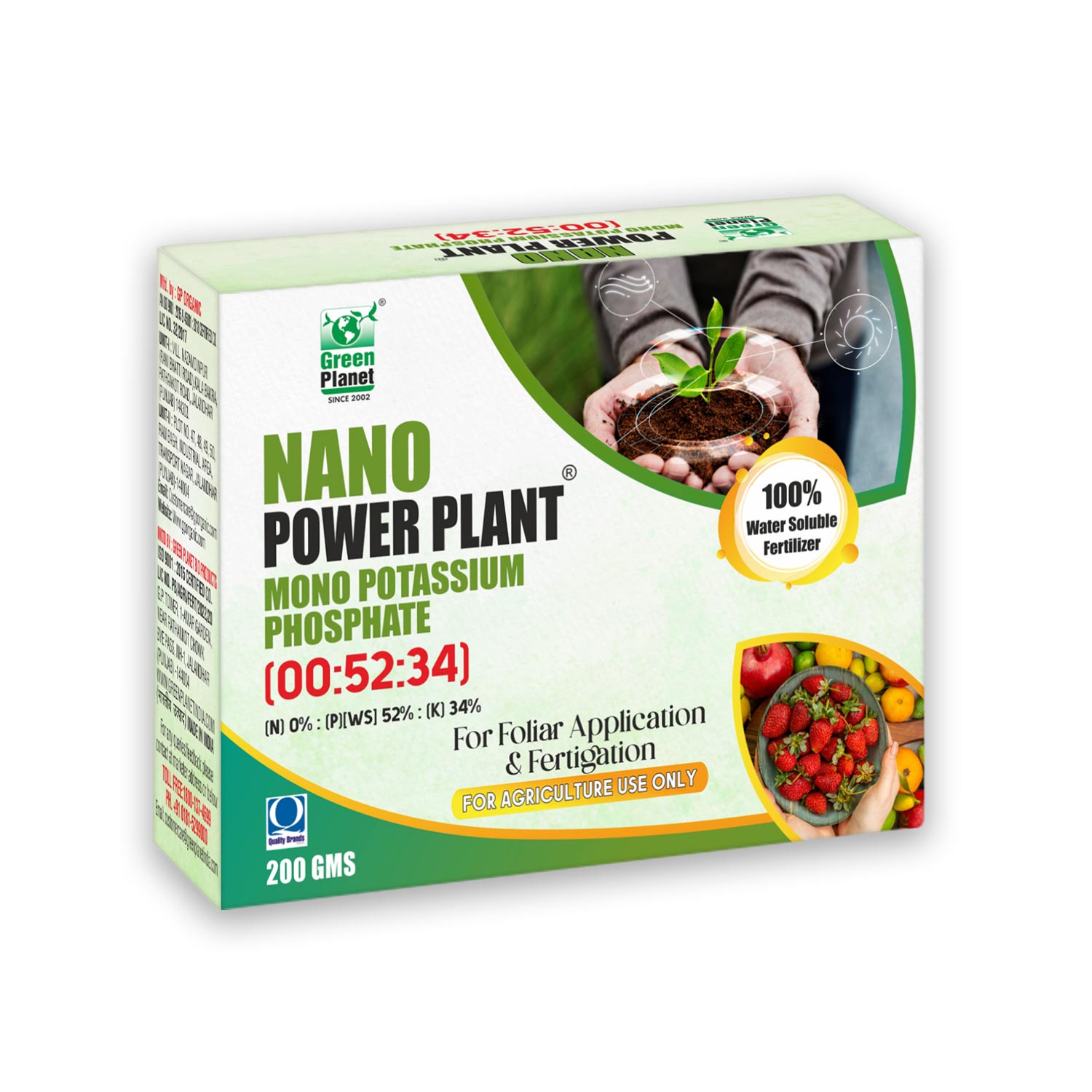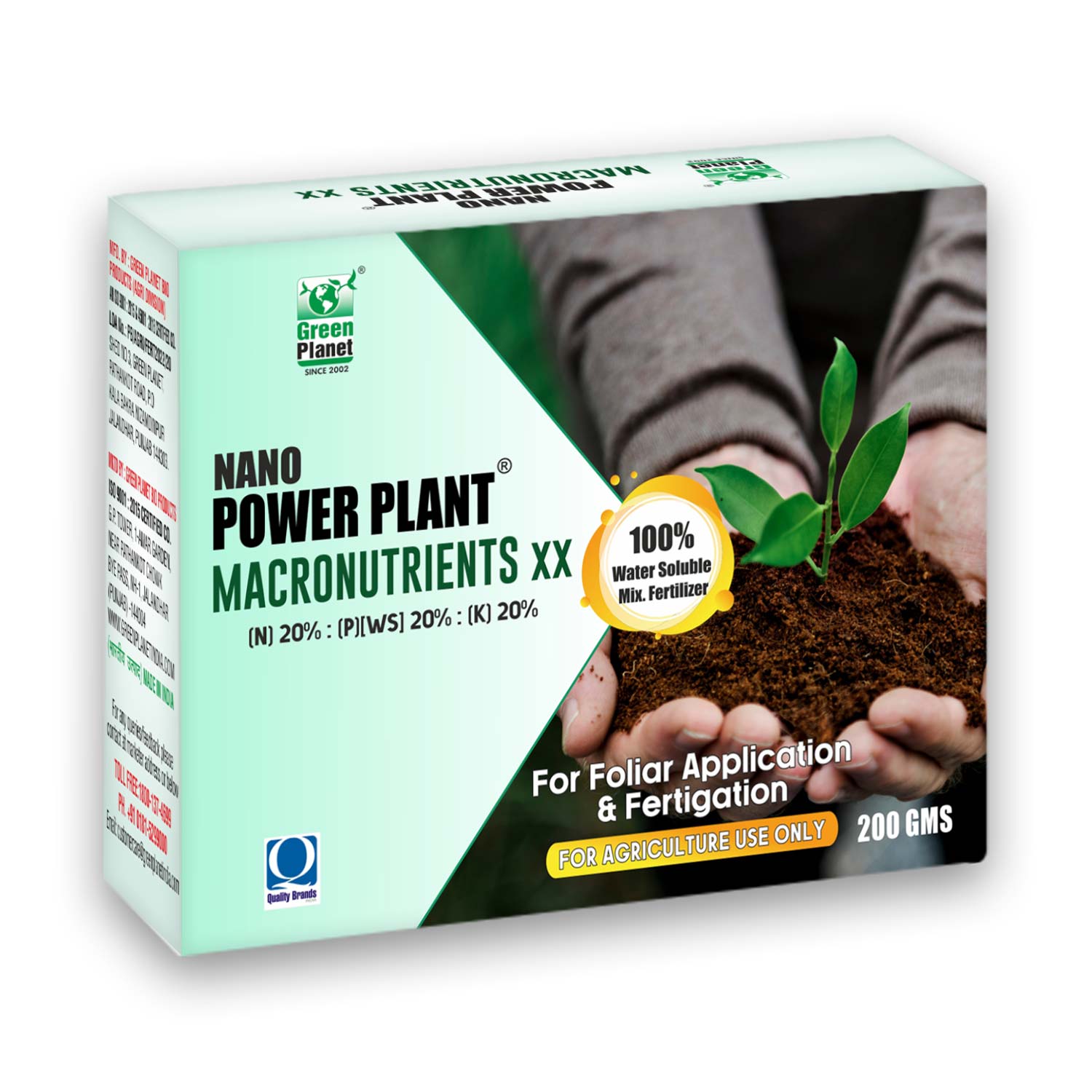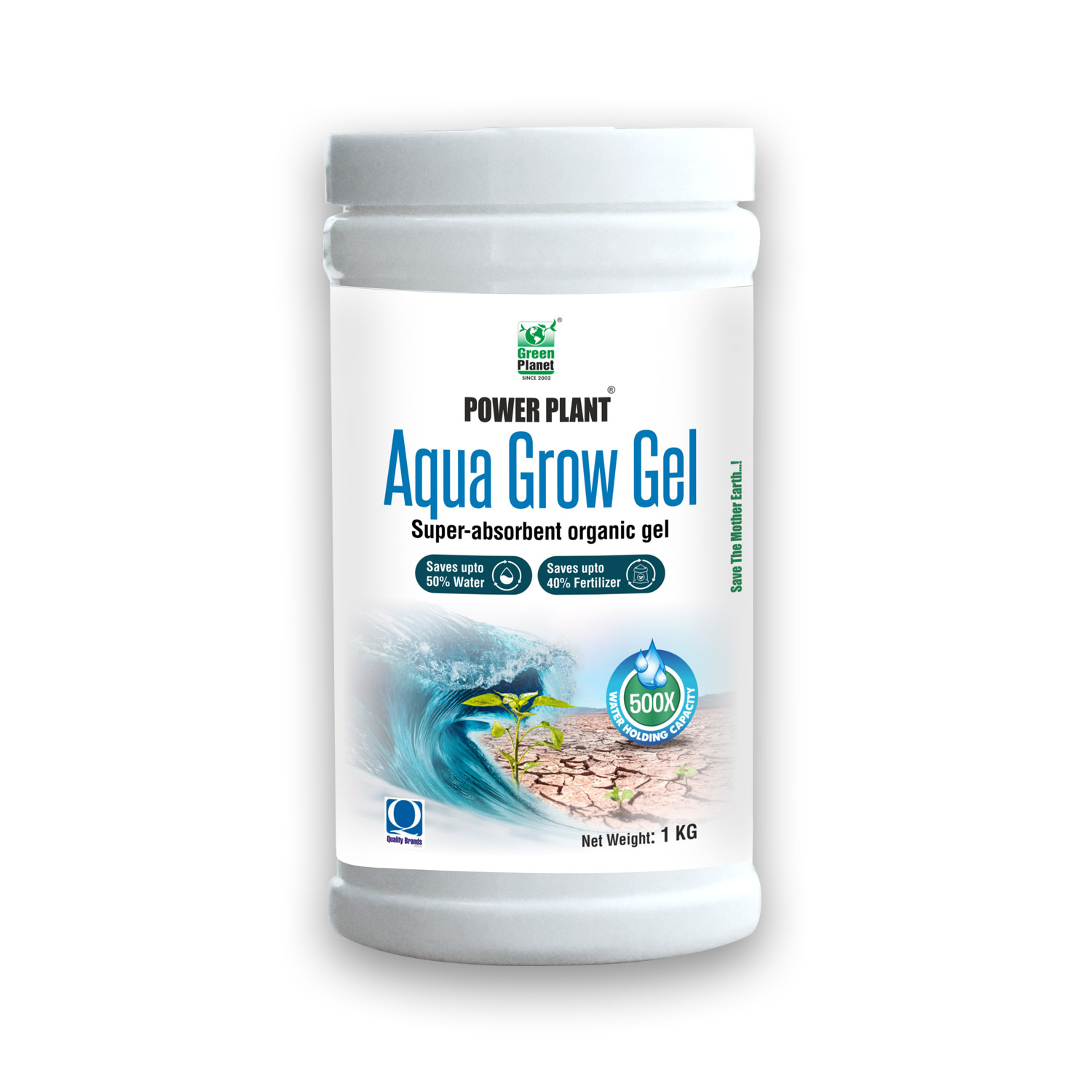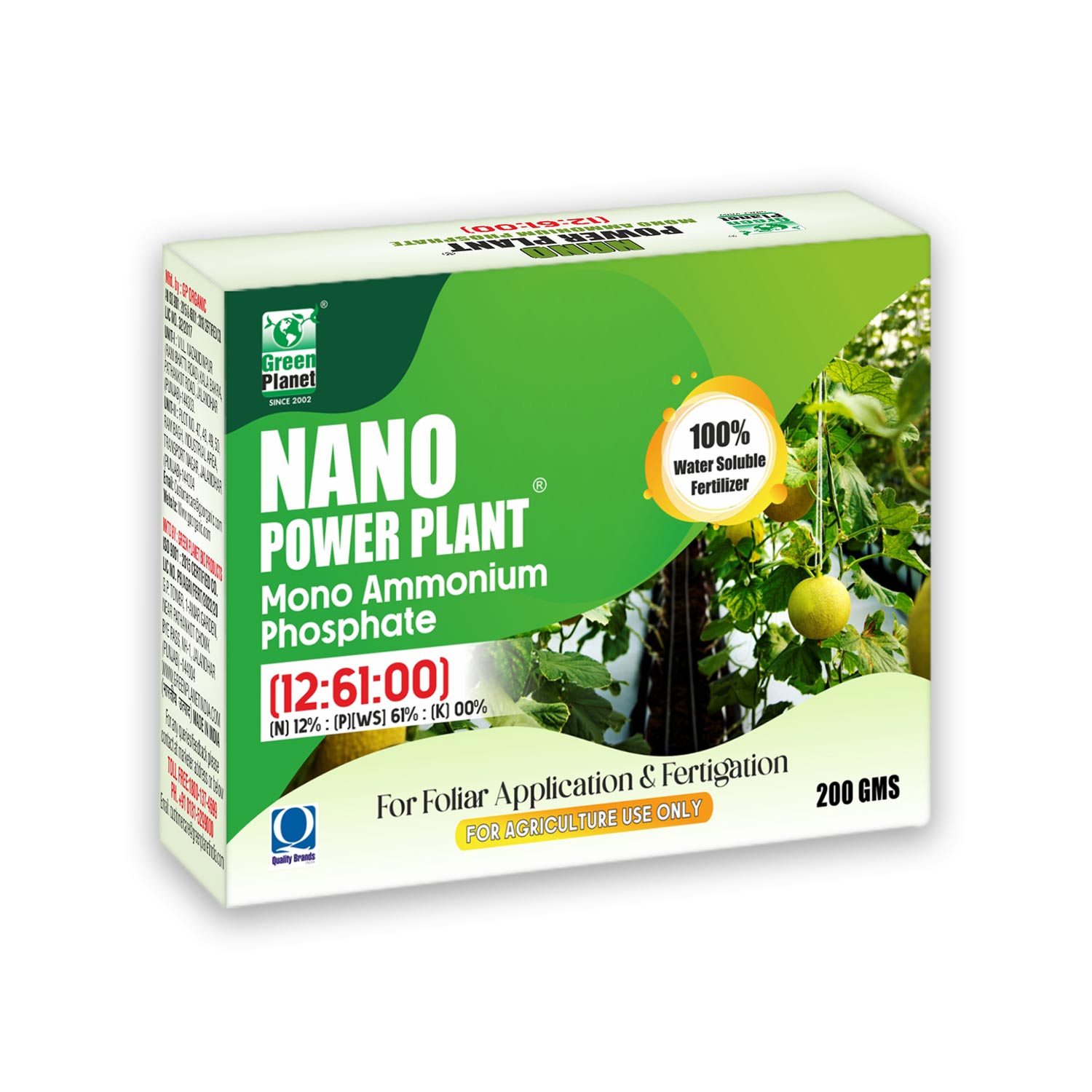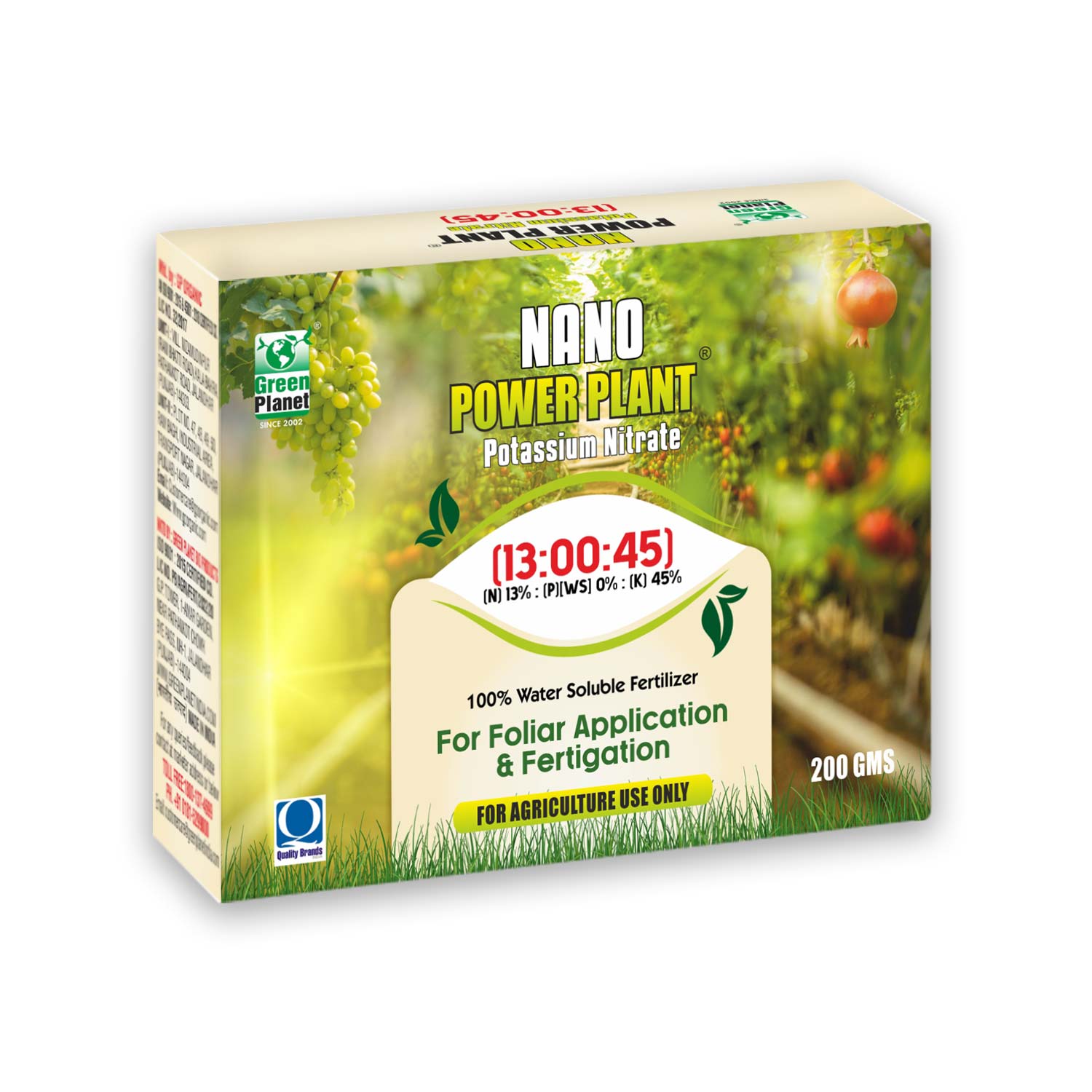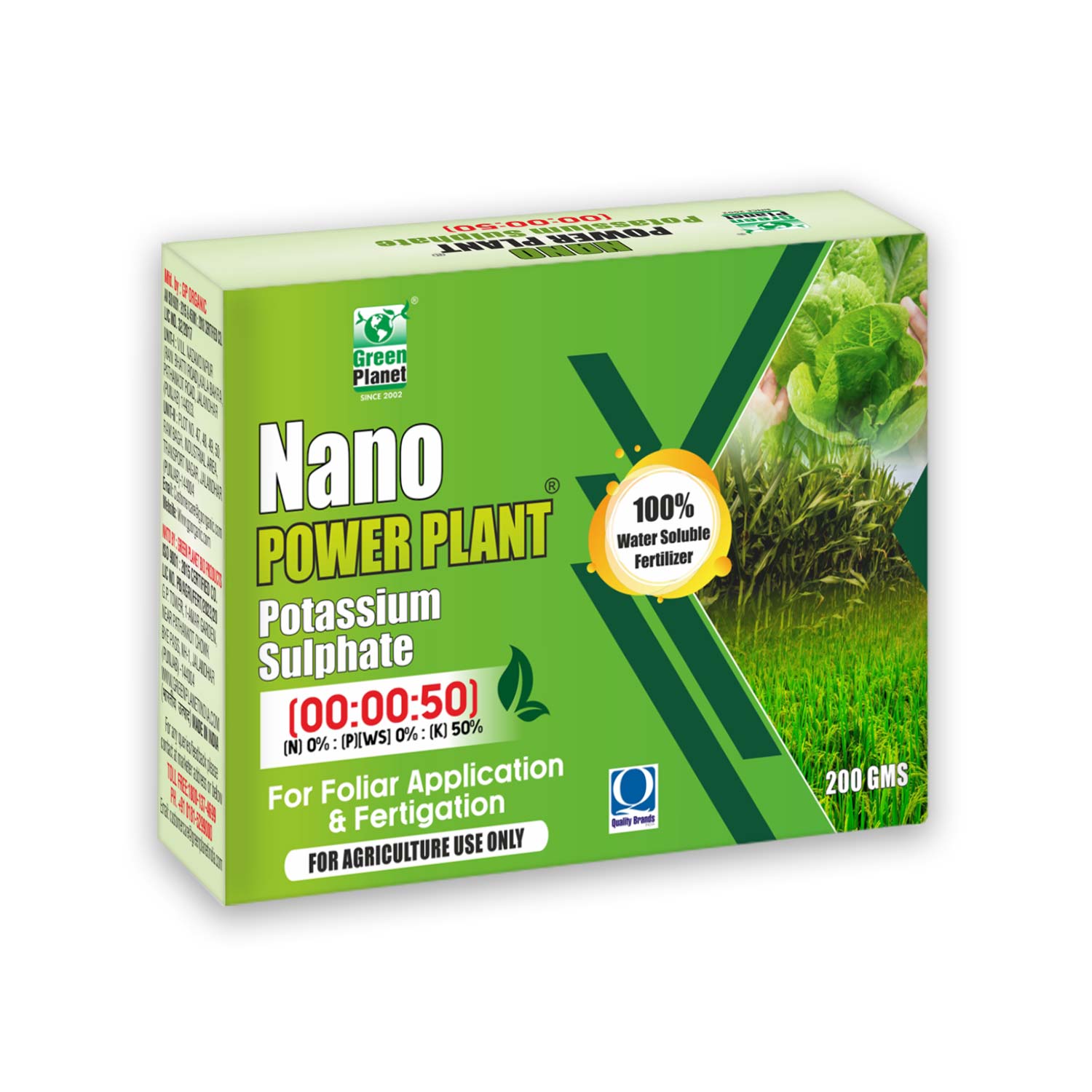For many years, commercial vegetable farmers have struggled with calcium insufficiency. The development of Ca-deficiency damage in plants is influenced by a number of factors.. First, several conditions influence Ca-uptake by plants such as the soil moisture content, the salt content of the soil solution, the oxygen content of the soil, soil temperature, the Ca-content of the soil, the cation/anion balance, and an inadequate rate of root production. Air temperature, CO2concentration, photoperiod, radiation level, relative humidity (RH), and/or diurnal fluctuations in water potential as well as other parameters, influence the development of Ca-injury in plants. CO2concentration, photoperiod, radiation level, relative humidity (RH), and/or diurnal fluctuations in water potential. Calcium is a necessary ingredient for plants.Calcium's fundamental purpose in plant growth is to reinforce cell walls structurally. Because calcium is not transportable inside the plant, transpiration is slowed. Maintaining an ideal soil moisture level aids in the proper transport of calcium to the roots and into the plant. The young, affected leaves become necrotic, first at the tip, then throughout the rest of the leaf Symptoms of deficiency include:Initial symptoms include regional tissue necrosis and reduced plant development.
- Premature shedding of blossoms and buds, tip burn etc.
- Young leaves with necrotic leaf edges or curling leaves.
- Terminal buds and root tips will eventually die.
- Because calcium accumulates to high concentrations in older leaves, new growth and fast expanding tissues of the plant are usually the first to be affected Mature leaves are rarely, if ever, harmed.
- Plants with calcium shortages have shorter stems, fewer nodes, and less leaf area.
These deficiency symptoms can be controlled by “POWER PLANT CALCIUM EDTA 10%”
- Calcium EDTA is found to be effective to reduce frequency of explants browning and shoot necrosis on all raspberry cultivars.
- Calcium is in the form of calcium pectate and it is responsible for holding together the cell walls of plants.
- It is also used in activating certain enzymes and to send signals that coordinate certain cellular activities.
- Calcium contributes to soil fertility by helping maintain a flocculated clay and therefore with good aeration.
- Ca in plants leads to a breakdown of cell walls and membranes, susceptibility to a variety of diseases and post-harvest problems particularly in fresh produce such as apples.
- Plants need calcium for cell wall development and growth.
- Calcium is an essential element needed for growth and development of plants under both non-stressed and stress conditions.
DOSAGE :- 0.5 gms/L of water
For many years, commercial vegetable farmers have struggled with calcium insufficiency. The development of Ca-deficiency damage in plants is influenced by a number of factors.. First, several conditions influence Ca-uptake by plants such as the soil moisture content, the salt content of the soil solution, the oxygen content of
Read More


